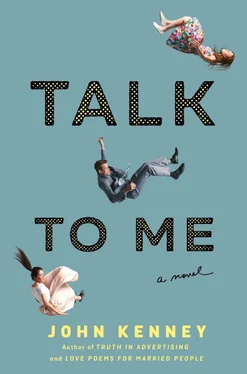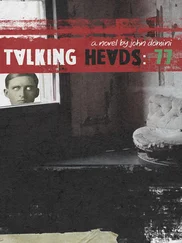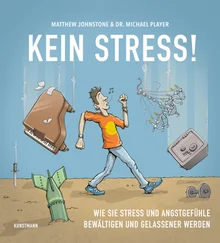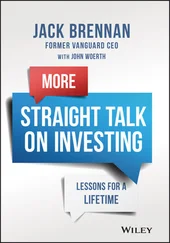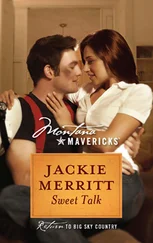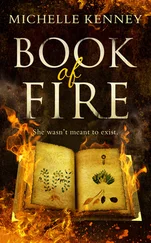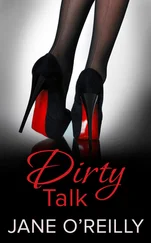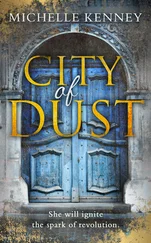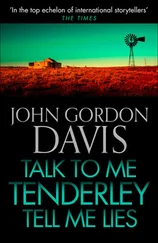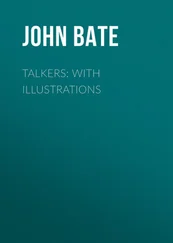Maybe it was the music that was affecting him. Raymond had used Elton John’s “Rocket Man.” He’d met him, for Chrissakes. Ted had. Interviewed Elton. Sir Elton. He’d met everyone. Robert De Niro. Idi Amin. Prince Charles. The Dalai Lama. Bono. The Pope. The Pope bummed a smoke off him. Beat that.
High above Columbus Circle, cocooned in warmth and wealth, pantless, Ted watched himself, a milk glass of vodka, tears streaming down his face once again. Who among us wouldn’t react that way, watching what was almost our own death?
• • •
It was almost 3:00 a.m. The worst time for Ted. Deeply tired but unable to sleep, lying on the couch in the dark, lying in his bed. But sleep wouldn’t come.
So he clicked through YouTube. He was looking for his life, for the moments that were gone but that, for him, in his memory, were still alive. Once hopeful things. Bobby Orr and Carl Yastrzemski and the moon landing. My God, what a thing. Neil Armstrong and Edwin “Buzz” Aldrin walking on the moon. The iPhone? The iPad? The Pentium processor? Fuck you. Try putting a man on the moon. He said this out loud. His own voice surprised him.
Ted sat on the floor of the living room, his back against the couch, the lights off, his laptop on the coffee table. He pulled on a sweater. He had a chill that wouldn’t quite leave him.
He watched a clip of Walter Cronkite reporting that man had landed on the moon. It was a clip he had seen before so many times. Vague memories as a boy. His father and mother and little sister. The part where Cronkite took his glasses off, tried to suppress his joy but simply couldn’t, the mind-bending idea that human beings had somehow figured out how to travel to the moon. He watched it again and Cronkite’s expression, the childlike innocence of it, the purity, brought a lump to Ted’s throat. The nation was watching him. Watching his dignity and grace, his humanity.
• • •
Here’s a question. Have you ever listened to Vince Guaraldi’s version of “Moon River” when your drunk has worn off and you’ve watched the sky begin to change, from dark to blue-black light, softly turning gray, another day in the world, a kind of pause button in New York, the streets almost silent, no people, just a play of light and time and all those plans that came to nothing, that no one cared about now? And the panicked need to run back to a place in time, a moment, a person, long gone. Have you ever done that? Ted wouldn’t recommend it.
He stood now at the tall windows, looking out. And the memory came so sharp and so fast. She was almost five and she sat on Ted’s lap on the porch of the cottage, looking out at Barnstable Harbor. Late August, dusk. Ted had given her a bath and washed her hair. He’d put her pajamas on and later he’d showered and shaved and put on a clean shirt, Claire looking over at him as she stood at the stove boiling steamers, handing him a drink, Ted carrying his bundle of girl out onto the porch. They sat on a wooden deck chair, the cloth sun-faded, and now a gentle breeze, the colors in the sky as the sun set, the sound of water against the beach, against the smooth stones, over and over and over. She was tired from a day of swimming, a day in the sun.
“Dad,” she whispered, her head against his chest, damp hair against the side of his face. “Is wind the softest thing?”
Now, watching the colors of the sky change over Manhattan, he smiled as he stood with his forehead against the cool glass of the window, the heart-stopping beauty of the light in the eastern sky. The memory of her. That it could still give him such joy. He had that. Maybe that was what hope felt like.
• • •
Ted arrived early, the newsroom empty. He stopped at Dunkin’ Donuts for a coffee and decided to buy a dozen donuts. Something about walking down the hall now carrying a dozen donuts made him feel foolish. He walked past the writers’ room and found Murray already at his desk, reading the newspaper. Ted watched him, Murray unaware for a few seconds that Ted was at the door.
Murray looked up. “Jesus. Ted. You scared me.”
“Sorry.”
“You’re in early.”
Murray regretted saying it, but Ted smiled.
“Always get in early on your last day,” Ted said. “You know who said that?”
“No. Who?”
“No one, ever.”
Murray snorted. Ted put the box of donuts down on Murray’s desk.
“Donuts,” Ted said.
“Oh. Wow. Thanks.”
“What’s in the news?” Ted asked, motioning toward the paper with his head.
“Oh. Well. The usual heartwarming fare. War in Syria. Staggering degradation of the polar ice shelf. Tax cuts for the rich.”
“Sounds reasonable.”
“My personal favorite, though. A new study says that paper towels may cause cancer.”
“Perfect.”
Ted stood by the door. “I’d like to close with Cassini.”
Murray nodded. “I’ve been working on something. Send it to you in a bit?”
“Thanks.”
Ted turned to go.
“Ted,” Murray said, too urgently.
Ted turned back.
“I’m sorry. About all this.” Murray had stood.
Ted managed a small smile. “Me, too. But thank you.”
He left but from down the hallway Murray heard, “The donuts aren’t just for you.”
• • •
Murray had his headphones on. He was listening to Brian Eno’s “Thursday Afternoon,” a sixty-one-minute song. He had found footage of Ted’s first broadcast. He was so young, Murray thought. He was a kid. Murray wasn’t sure whether he remembered the broadcast or if the video was giving him the false sense that he remembered it.
He then listened to their first report on the launch of Cassini. But he stopped it halfway through, found himself with a lump in his throat. He clicked over to NASA’s live feed, a blip of light 746 million miles from Earth. He watched as it flew, at 186,000 miles per hour, exactly as planned, around Saturn, certain death. It overwhelmed him. Made him profoundly sad. This thing, out there in space. A life’s work. Dying. Murray had nothing else. This was it. This was what he looked forward to each morning. He wanted desperately to feel sorry for himself, but he didn’t have time. He needed to write. He ate a third donut.
• • •
Grace and Jagdish finished their stories, went out for coffee, bringing one back for Murray. It was almost 5:00 and they needed to lock the show.
Murray hit print. Grace heard it, stood, and walked to the printer.
“May I?” she asked.
Murray nodded. Grace read. She looked up at Murray, who refused to look back at her. She kept reading. She read part of it out loud.
“What have we seen in the past twenty years? Who has been born? Who has died? What books have been written? Movies made? Technology created? Wars fought? What have we learned? What has moved us forward? What has set us back? What has opened our eyes? Given us joy and wonder and hope? Cassini mattered.”
She paused, briefly, and, picking up a pencil from her desk, made a small mark on the page.
“It showed us a time and a place. A world we hadn’t seen. We are better for it.”
She looked up at Jagdish. Looked at Murray.
“It’s perfect,” she said.
She walked to his desk and put the copy down. Murray saw the mark she’d made on the page.
“You typed ‘he’ mattered,” she said. “I think you meant ‘it.’”
“Oh. Yes. Of course. Typo.”
Grace leaned down and hugged him.
• • •
“Thirty seconds,” Sean said.
Ted looked around the set. Sean, Lou, Simon, Murray, Grace, Jagdish. They’d gathered, out of eye line, to witness this. Ted saw them now. He’d seen them most every working day for nearly twenty years. And tomorrow, after the drinks this evening, after the promises to keep in touch, he would likely never see them again.
Читать дальше
